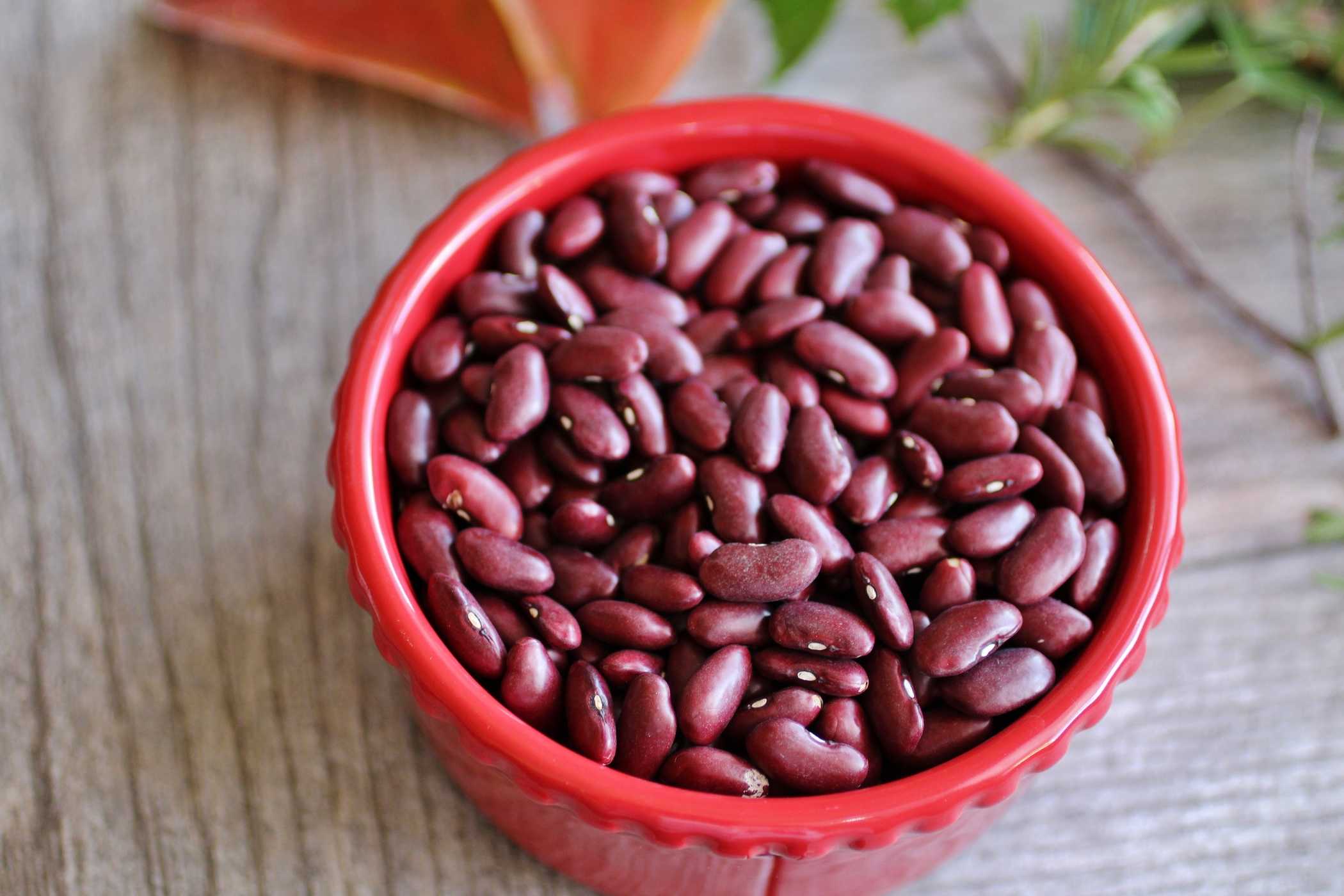Contents:
- Medical Video: Allergy Symptoms & Treatments : How to Cure Dust Allergies
- 1. Antihistamines
- 2. Systemic corticosteroids
- 3. Leukotriene antagonists
- 4. Omalizumab
Medical Video: Allergy Symptoms & Treatments : How to Cure Dust Allergies
Many people want to take a vacation in a cold area to enjoy the cool air. However, in fact not everyone likes cold temperatures. People who have cold allergies, aka cold urticaria, must avoid anything cold. Otherwise, itching will attack and interfere with activity. So, what medicines can be used for people who are allergic to cold?
In some people, cold urticaria aka allergic cold can disappear on its own after weeks or months. Actually there is no specific cure for this condition, but there are several medications as treatments and prevention that can help.
Doctors usually advise you to avoid exposure to cold. If that doesn't help, you might need a drug with a special recipe that is more patent.
Before you use the medication for cold allergy treatment, consult your doctor first. Reporting from DermNet New Zealand, there are several drugs commonly used for biduran when cold allergies recur. Following is the list of medicines.
1. Antihistamines
Antihistamines are the most common drugs used in cases of cold allergies. Histamine is a vasoactive chemical. This means that histamine has an effect on small blood vessels (capillaries) to widen. Histamine affects nerves around parts of the body that cause itching hives.
As the name suggests, antihistamines are drugs that stop histamine work. Histamine is usually released when this condition occurs on the skin:
- Insect bites
- Hives, angiodema, and anaphylactics
- Poisoning
- Urticaria pigmentosa
With the presence of antihistamine drugs, the effect of histamine released when experiencing cold allergies will be suppressed to reduce the effects of itching.
Antihistamines can be obtained in the form of tablets, injections, or creams. Injections are only given to cases of severe allergies.
2. Systemic corticosteroids
Systemic corticosteroids have a profound anti-inflammatory effect. Systemic corticosteroids given by mouth (taken by mouth) or by injection are called systemic steroids. There are several types of systemic steroids, one of which is prednisone and prednisolone. Both are the most commonly prescribed drugs for people who have inflammation of the skin.
Prednisone is most often given in the morning. The initial treatment using prednisone is usually given for the first 2-4 weeks, then further results will be seen - whether you need to adjust the dose again or enough.
The use of this drug must be initiated by consulting a doctor first because there are side effects that can occur since taking this medicine. Especially if you drink in high doses (more than 20 mg per day). Side effects that can be caused include:
- Sleep disturbance
- Appetite increases
- Gain weight
- Blood sugar increase 2 hours after eating
- Certain psychological effects
3. Leukotriene antagonists
This drug is also called antileukotriene. This drug inhibits leukotriene substances which cause inflammation.
This drug is basically often used to treat asthma. But this antileukotriene has other benefits, namely:
- Prevention and treatment of asthma in children and adults.
- Seasonal allergy treatment (hay fever) which is triggered by allergens from outside such as pollen from trees, grass, or weeds.
- Allergic treatment triggered by allergens in the room such as dust mites, mold spores, or animal hair.
- To deal with various types of hives, including hives due to cold allergies.
4. Omalizumab
Omalizumab or also called Xolair is a second-line drug therapy for biduran treatment. Reporting from the Mayo Clinic page, this drug will be prescribed for people with cold allergies who have not succeeded in using other drugs. For example antihistamine drugs or systemic steroid drugs.
This drug cannot be used carelessly, given by injection on the skin surface every 4 weeks. This drug can be used for teens and adults.












